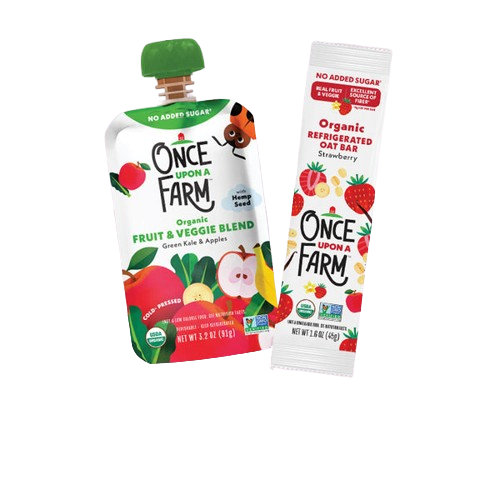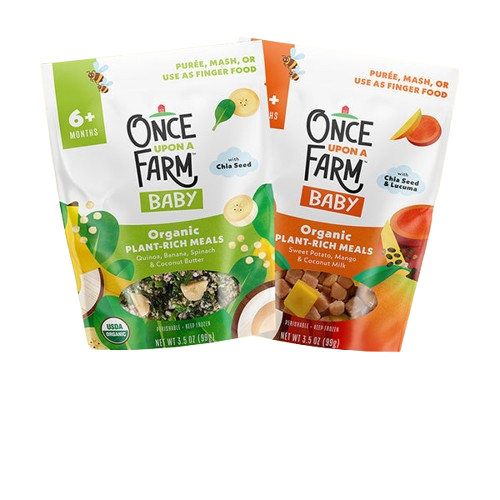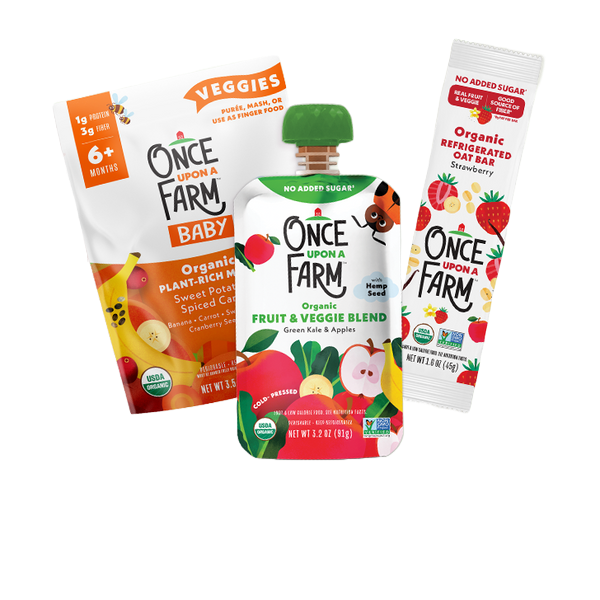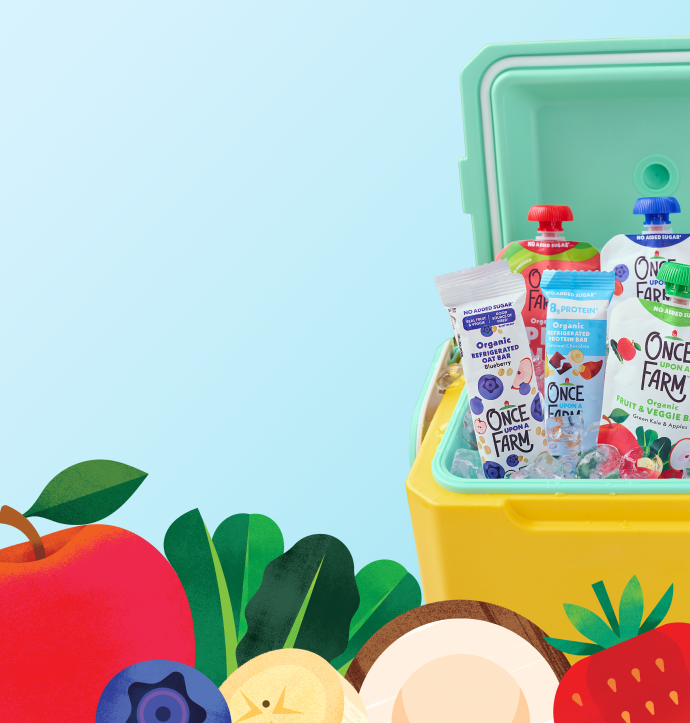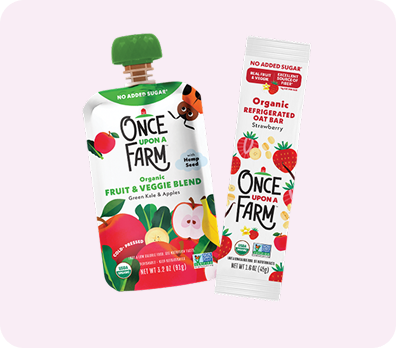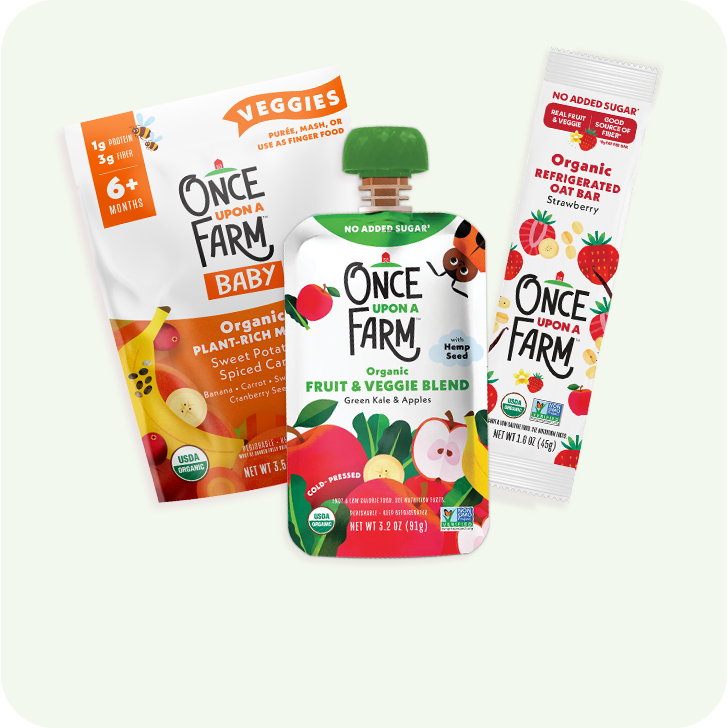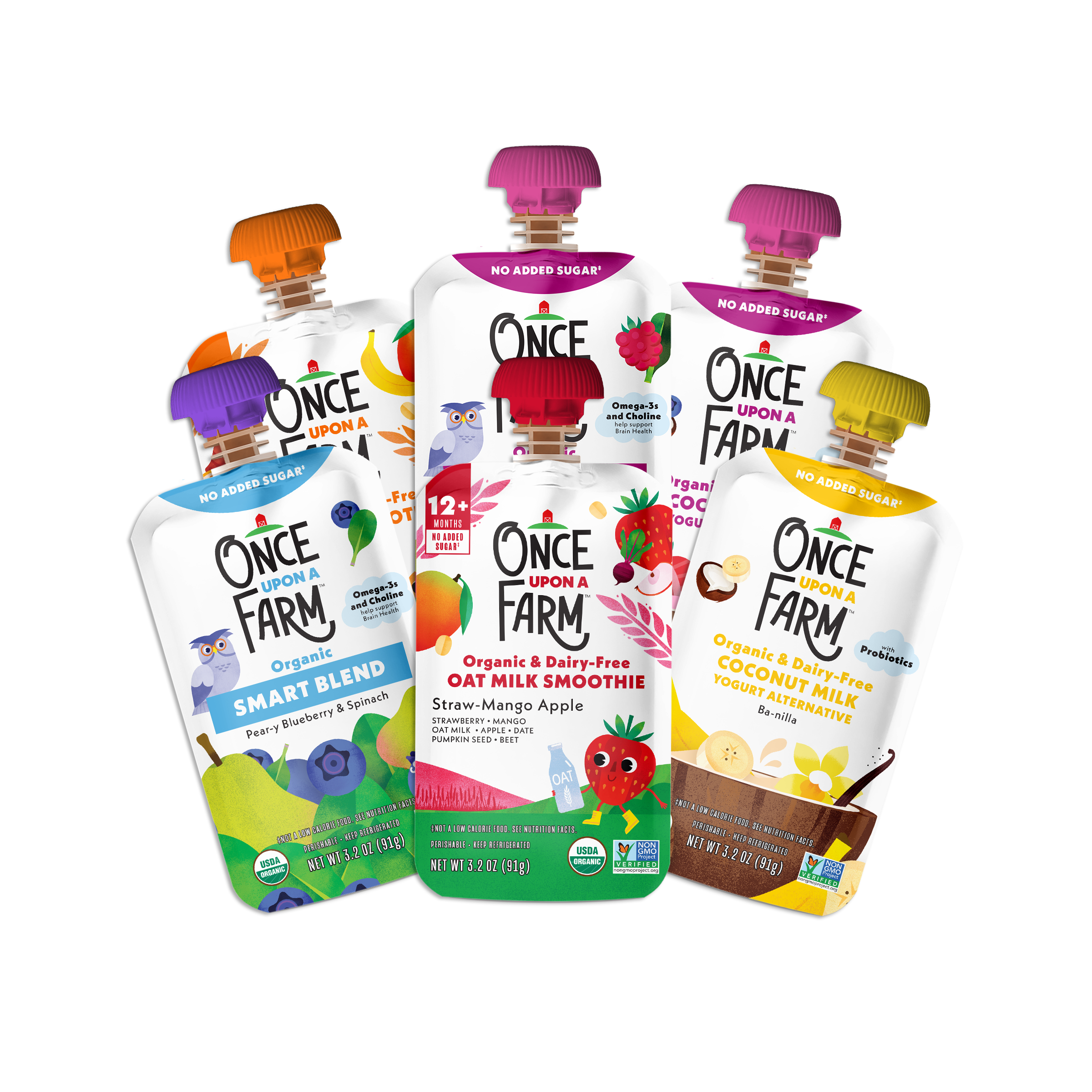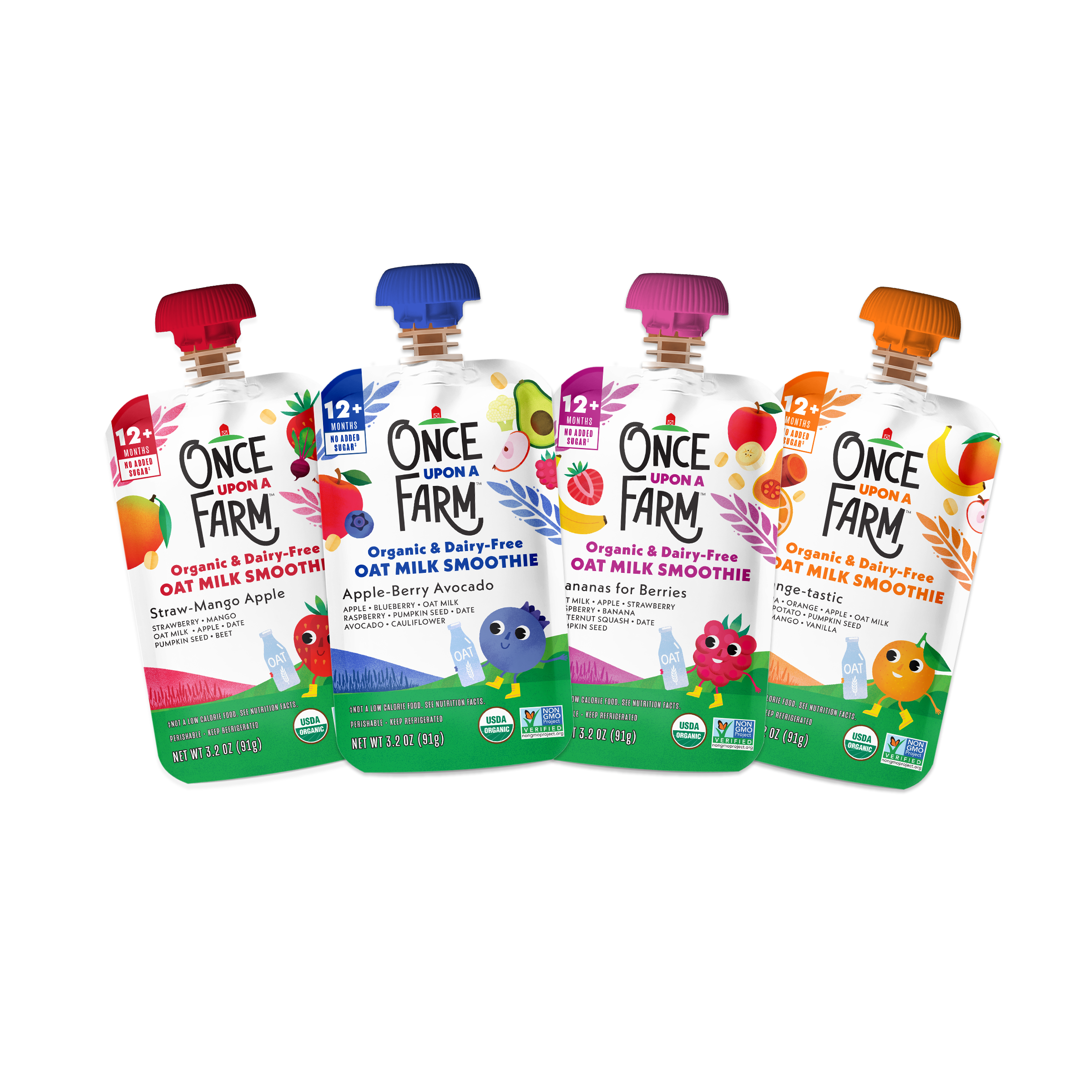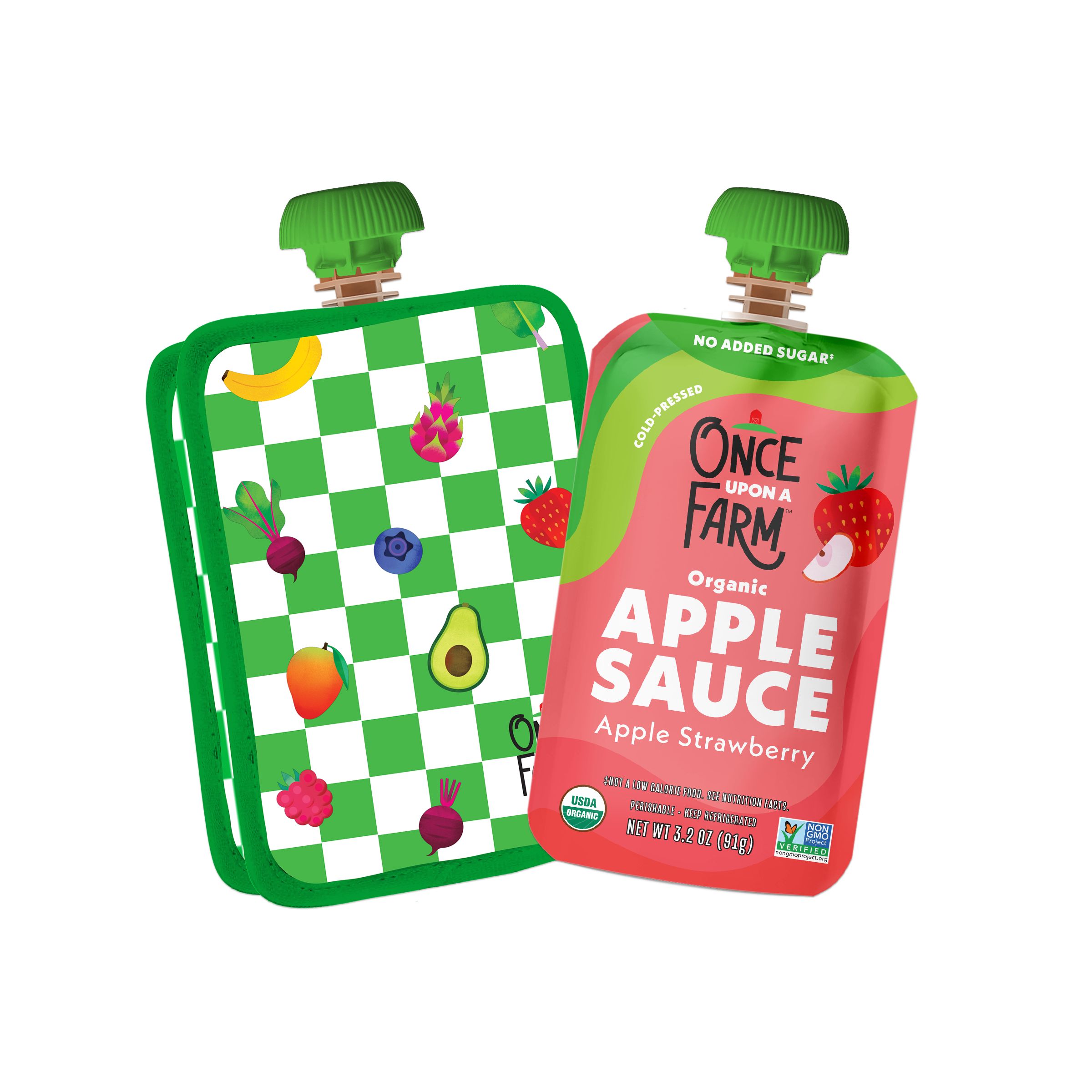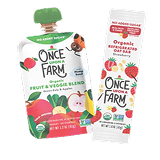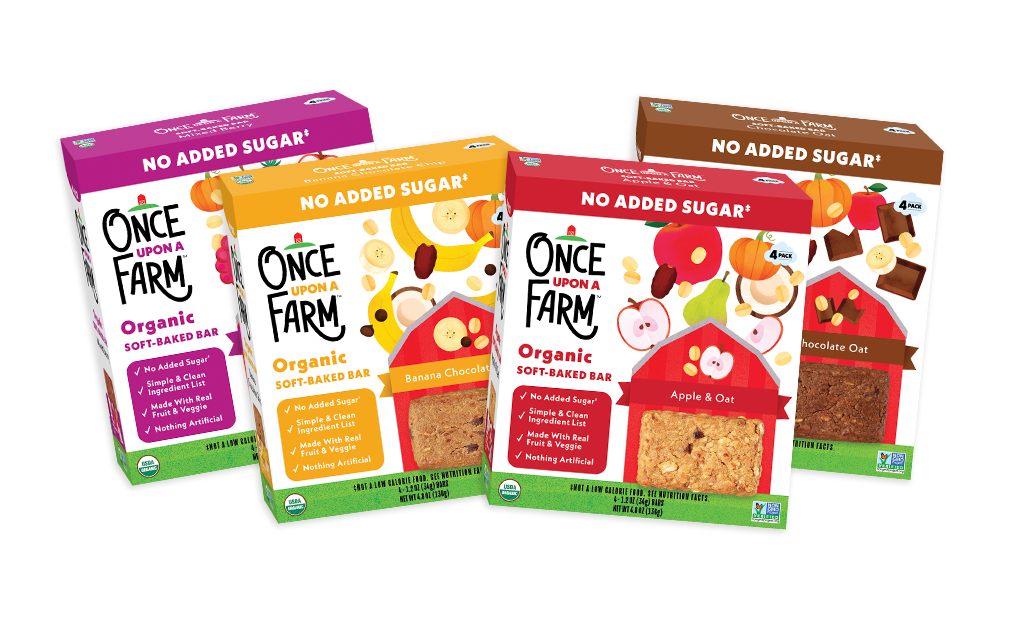Note: This blog is not medical advice and is for informational purposes only. For any specific concerns or recommendations, please refer to your child’s healthcare provider.
As parents, it may feel like at least one of your kids is always sniffling or sneezing. So, you’re always looking for ways to keep your little ones healthy and support their budding immune systems—we’re here to help. To explore this topic, and get you some answers and advice, we spoke with Board-certified pediatrician Krupa Playforth, MD.
The Importance of a Balanced Diet
“A well-rounded diet provides the range of micronutrients and vitamins that the immune system requires to function.” Dr. Playforth explains. For example, essential nutrients can be found in certain fruits and veggies (think vitamins C and D). Dr. Playforth says there are some common misconceptions around nutrients and diet shared by many parents. Here are the facts:
- The body is capable of storing micronutrients
- Every food/micronutrient does not need to be consumed every day
- The amounts needed are minuscule
- More foods contain these nutrients than we know
- More is not necessarily better
What this means is that “even picky children who are consuming food from each major food group are likely getting the amounts needed for their immune system to function,” Dr. Playforth assures us. Very little pediatric data exists to support using supplements except in specific situations such as a child who is unable to consume foods from an entire food group or if they have a specific chronic illness. Dr. Playforth adds, “the amounts of nutrients needed do differ by age group and specific micronutrients. During times of massive growth and development, dietary needs do vary.”
Best Immune-Support Foods + Vitamins & Minerals
“When we think of immune-supporting foods or nutrient-rich foods,” Dr. Playforth says, “fruits and vegetables are what come to mind at first. And it is true that these are nutritious.” However, she explains, a diet that’s solely focused on fruits and veggies, forgetting the importance of other food groups (think proteins and fats), will lead to deficiencies. Ultimately, she says, “Variety is the key to optimal immune function, as well as brain development and growth.”
There are foods that are particularly rich in nutrients such as vitamin C (bell peppers, citrus fruits, strawberries and spinach). Others contain zinc (shellfish, meat, dairy, tofu, and nuts).
When it comes to probiotics, Dr. Playforth says, the research is mixed. However, “it does appear that the gut microbiome has a role in immune function.” She clarifies that the extent to which supplementation with probiotics (and how much is needed) can make a clinical difference is still unknown.
Did You Know About These Immune Supporters?
“Believe it or not, there is good data that sleep, exercise, and even laughter have a role in optimizing immune function and health.” Dr. Playforth explains. She also suggests staying up-to-date on preventive care and following your pediatrician’s recommendations when it comes to chronic illnesses and immunization. “For our bodies and minds to work optimally,” she continues, “we need to embrace a healthy lifestyle, which includes rest, physical activity, companionship and socialization, as well as a varied diet.”
When to Call Your Doctor
If your kid is in childcare or attending school and it feels like every day they’re bringing home a new sickness, this is common and expected, Dr. Playforth assures us. They are being regularly exposed to new germs (fun!). With that said, “I always recommend parents seek out their physician’s advice with any concerns regarding their child’s health.”
As you put your little one to bed tonight (and maybe wipe their nose), remind yourself you’re doing a great job. With a well-balanced diet, good sleep, exercise, and laughter—those things they’re getting in spades—their immune system will be doing its job. And again, if you’re concerned, call your pediatrician!

